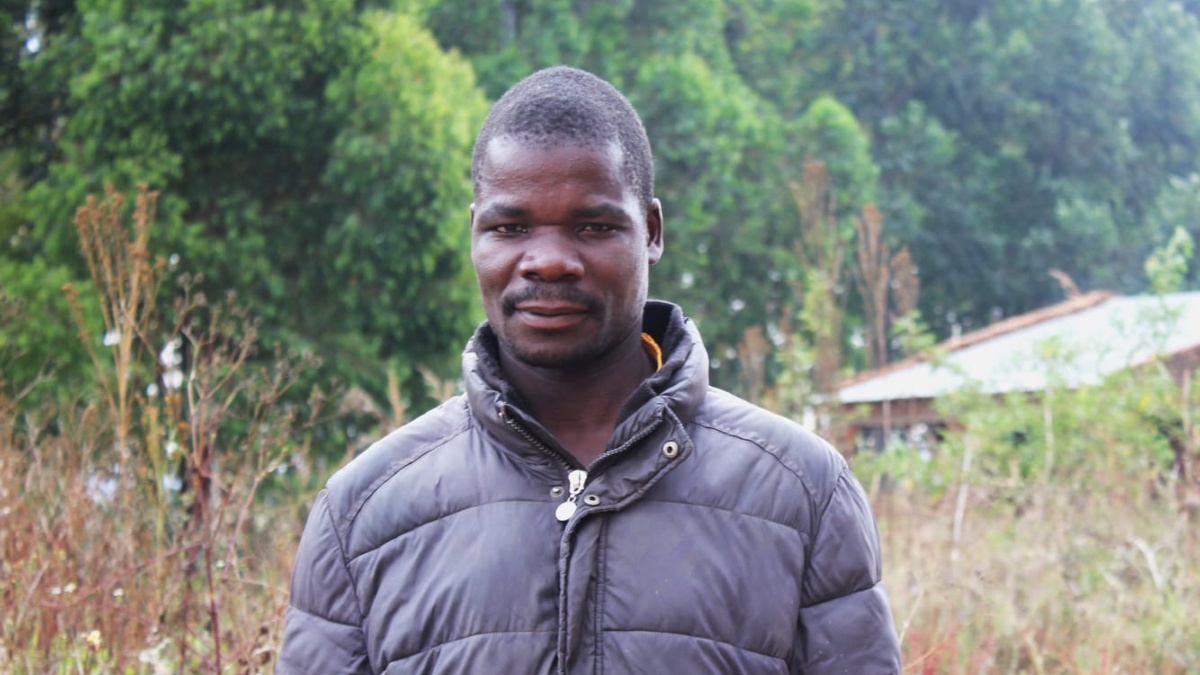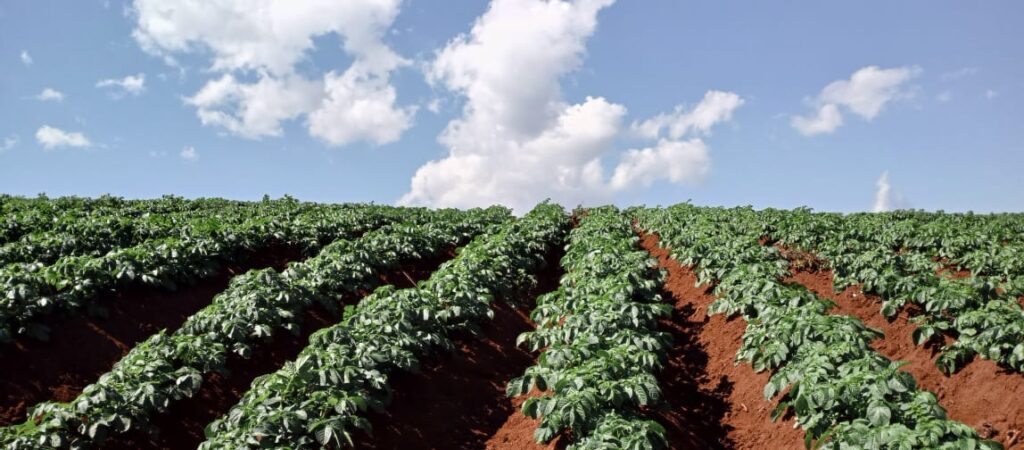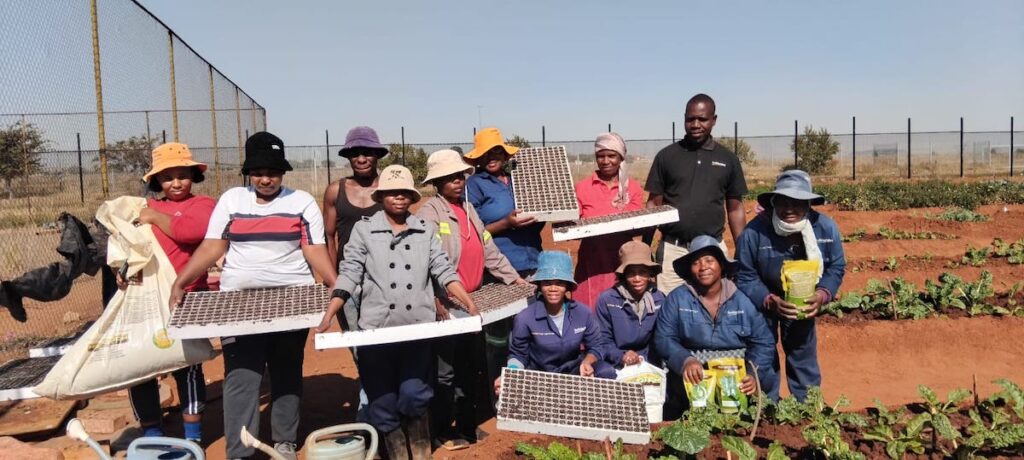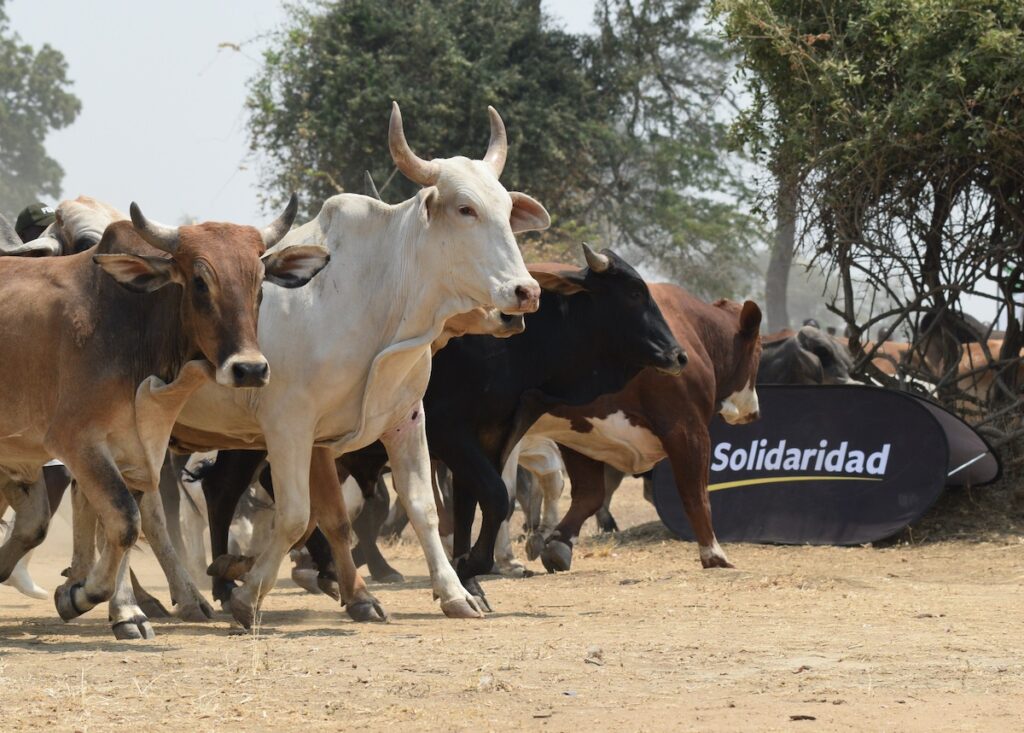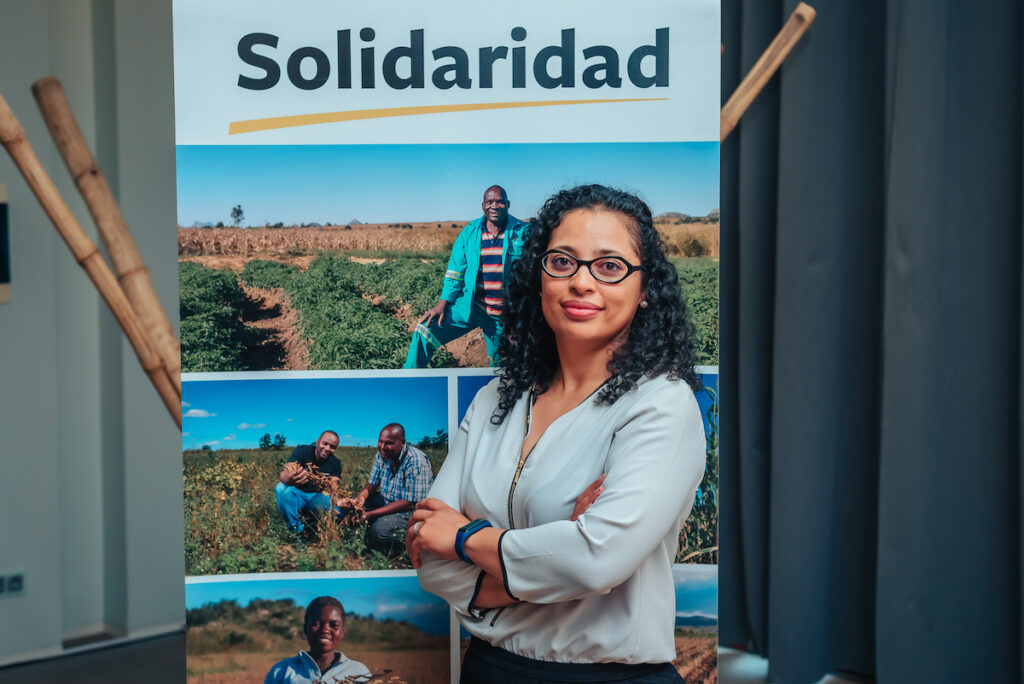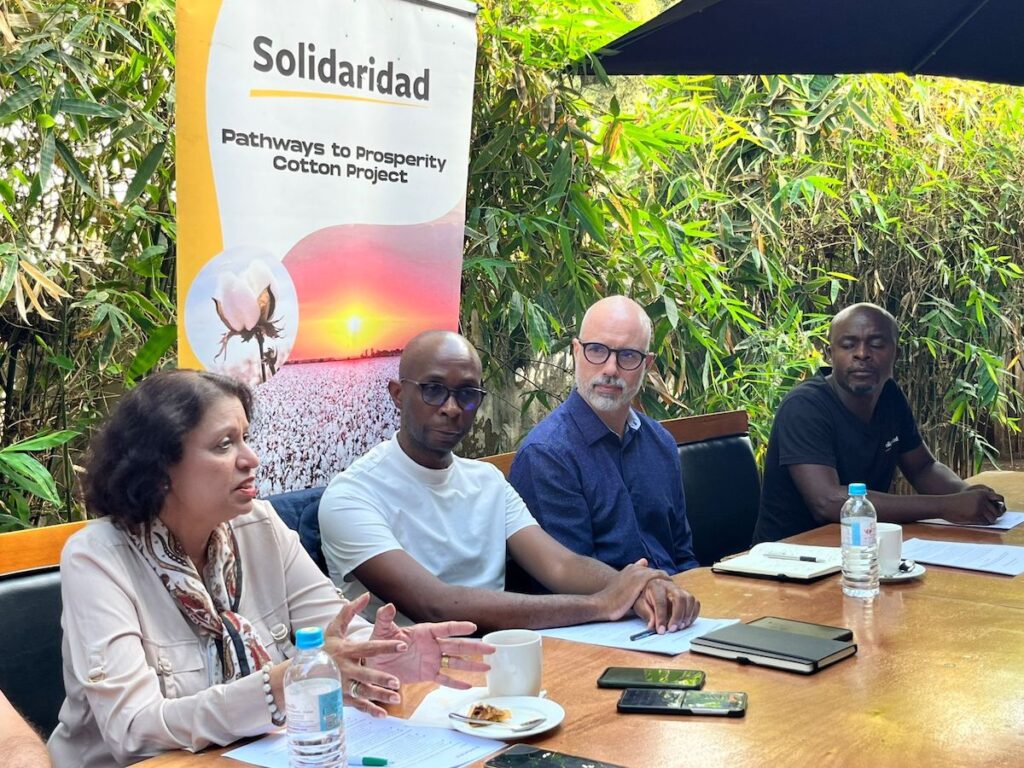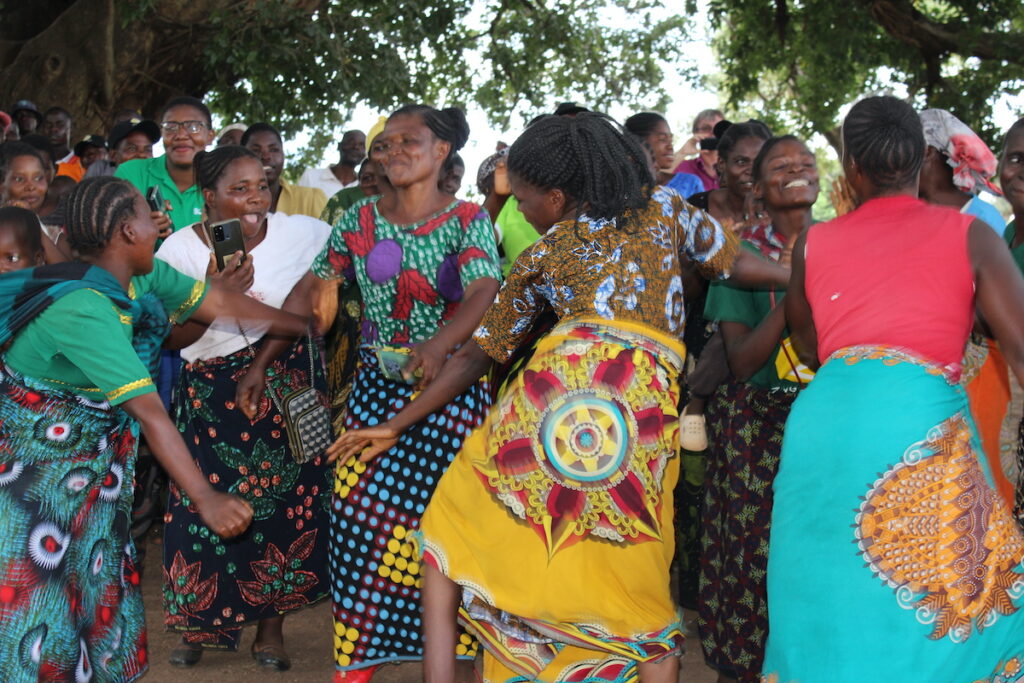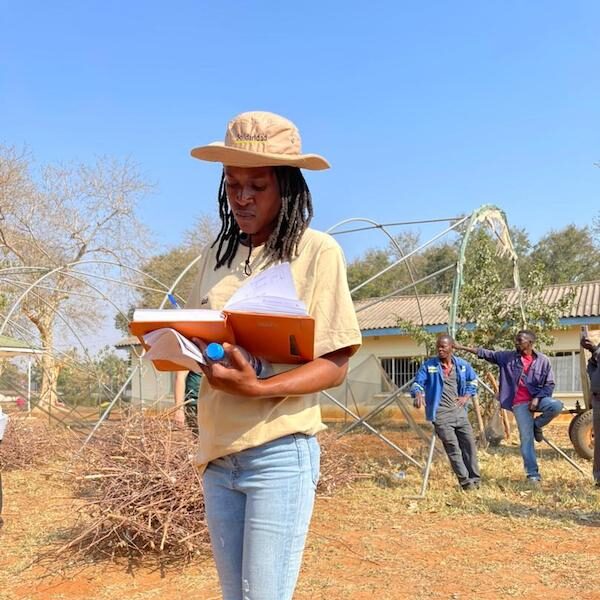Before joining the fruit and vegetable programme, Orlando Chapotera was a tobacco producer. Despite his best efforts in tobacco farming, his business was not profitable. For this reason, his children could not further their schooling due to financial constraints. Orlando was looking to pilot another crop to assess profitability, and he dedicated 900m2 from his 80-hectare plot to pilot tomato farming through Solidaridad’s programme.
Reaching farmers through technical support and access to market
In 2019, Solidaridad partnered with A.A.U Technical and Kvuno to pilot the planting programme in Angonia, Mozambique. The partners worked with 30 fruit and vegetable farmers, including Orlando, to improve the adoption of good agricultural practices and ensure market access. Kvuno, a social enterprise that opens smallholder access to agri-based digital solutions, provided soil tests and offered farmers $100 worth of input loans, including tomato and cabbage seeds, fertilisers, inoculants and pesticides.
Solidaridad provided technical support, working with A.A.U Technical to facilitate capacity building on good agricultural practices. In this training, participants followed the Moçambique Boas Prácticas, a local food security standard regulated and approved by the government. Kvuno also linked farmers to markets during the harvest season at a 5% facilitation fee.
Orlando is one of the farmers who followed the safety standards and implemented all the recommendations from the programme. Thanks to his hard work, he was able to harvest 7.2 tons of high-quality tomatoes. In addition to obtaining better yields, Orlando made 783 USD in profits after paying back his loan.
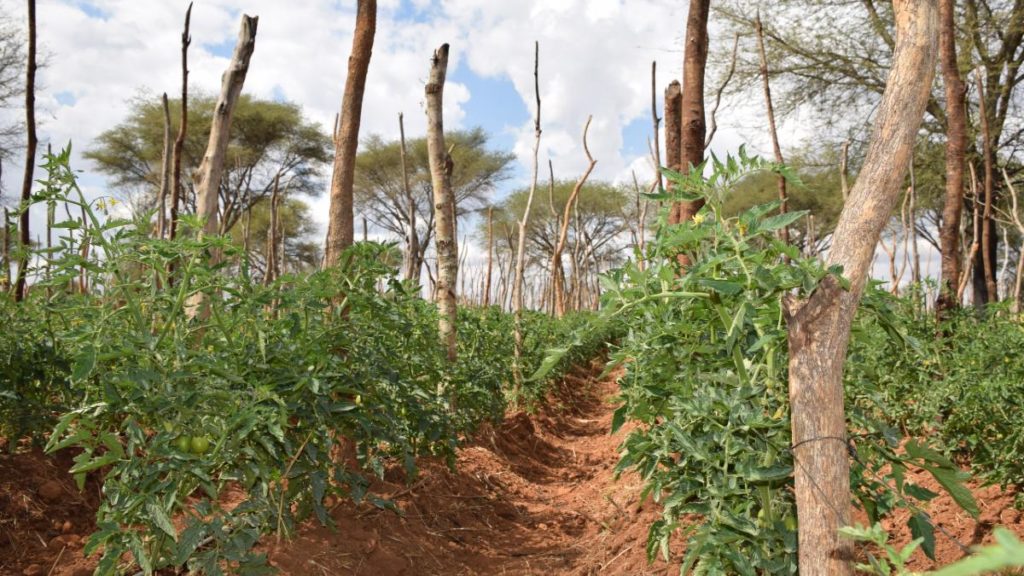
Orlando says he is producing clean and safe food thanks to the training provided by Solidaridad and A.A.U Technical. Going forward, he plans to use his profits to scale production and ensure he has a continuous supply of tomatoes
I see [Solidaridad’s programme] as a solution to the financial problems that my family has faced for several years. Now my children have returned to school, and my life has improved.
Next steps for the programme
Contrary to popular belief, smallholders do not only need much money to succeed. According to data in Alternative and innovative financing in Agriculture in Africa, a report by The Collaborative Africa Budget Reform Initiative, innovative investments in agriculture can include capacity-building, infrastructure that facilitates farm growth and improving access to finance, inputs, markets, and agriculture for underprivileged, rural areas. With Solidaridad’s programme providing tangible gains for the smallholders and garnering significant interest from the community, we will be developing the second phase, leveraging our lessons learnt to include more farmers.

